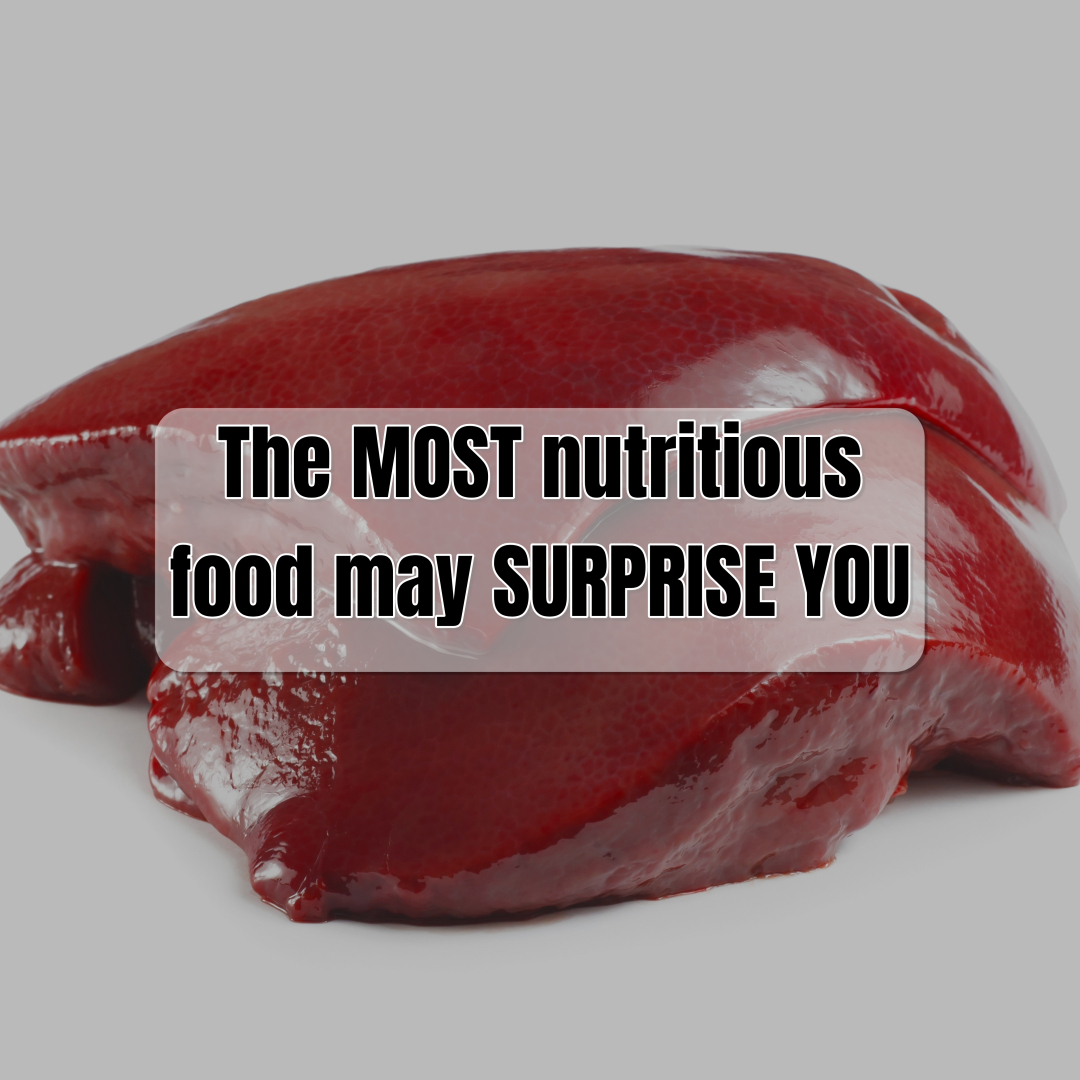Organ meats are considered among the most nutrient-dense foods in the world due to their exceptional concentration of essential vitamins, minerals, and amino acids. Organs such as liver, heart, kidney, and spleen are rich sources of nutrients that are often lacking in modern diets. For example, beef liver contains extraordinarily high levels of vitamin A, B12, iron, zinc, copper, and folate—all vital for energy production, immune support, and cellular health. Unlike many plant-based sources, the nutrients in organ meats are in highly bioavailable forms, meaning the body can absorb and utilize them more efficiently. This makes organ meats especially valuable for individuals with deficiencies or increased nutritional needs.
In addition to their impressive nutrient profiles, organ meats have been a staple in traditional diets across cultures for centuries, often prized above muscle meats for their health benefits. Despite modern dietary shifts that favor lean cuts and processed foods, many health experts and ancestral nutrition advocates are calling for a return to eating “nose-to-tail.” By incorporating organ meats into the diet, individuals not only support their own health but also contribute to more sustainable eating practices by utilizing the whole animal. When consumed in moderation and sourced responsibly, organ meats can serve as a powerful, nutrient-dense addition to a balanced diet.

